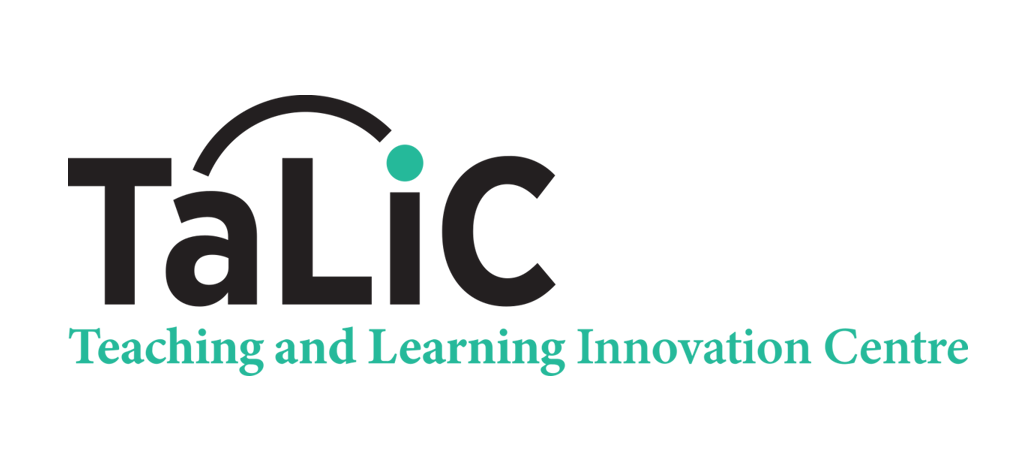The below SWOT (Strengths, Weaknesses, Opportunities, and Threats) analysis offers an overview of the advantages and obstacles you may face when using GenAI.
| Strengths | Weaknesses |
|---|---|
| Efficiency AI can process data far more efficiently and rapidly than humans. | Interpretation Issues AI can misinterpret instructions due to the lack of inherent understanding. |
| Error Reduction AI can significantly reduce the chance of error, providing high precision and accuracy. | Data Dependence AI performance is directly tied to the quality of the data it’s trained on. Poor quality data leads to poor outcomes. |
| 24/7 Operation AI can operate without interruptions, unlike humans who need breaks. | Lack of Creativity AI may struggle with tasks requiring high levels of creativity or original thought. |
| Automating Repetitive Tasks AI excels in automating routine tasks, freeing up time for humans to do more complex tasks. | Ethical Constraints AI systems can’t comprehend ethical considerations like humans can, leading to potential misuse or harm. |
| Risk Management AI can predict outcomes and mitigate risks, especially in finance and healthcare sectors. | Opacity/Transparency Issues AI’s decision-making process can often be a black box, making it difficult to understand how it arrived at certain conclusions. |
| Opportunities | Threats |
| Integration Potential AI can be integrated with a variety of sectors and technologies, providing opportunities for synergies and advancements. | Job Displacement AI can lead to job losses as tasks become automated, leading to social and economic disruptions. |
| Personalisation AI can be used to provide personalised experiences in various fields, from education to shopping. | Security Risks AI systems can be exploited by malicious actors, leading to serious security risks. |
| Increased Accessibility AI has the potential to make services more accessible, for instance, for people with disabilities. | Regulatory Challenges The rapid development of AI technology can outpace the development of regulations, leading to potential legal and ethical issues. |
| Predictive Capabilities AI can help in predicting future trends and events, helping to proactively address issues. | Dependence Overreliance on AI systems could cause problems if the systems fail or make incorrect decisions. |
| Scaling Capabilities AI can be scaled to handle large volumes of work or data, something that would be challenging for humans. | Bias If not properly managed, AI can reinforce existing biases, leading to unfair or discriminatory outcomes. |
Reference
- Chan, C. K. Y. & Colloton, T. (2024). Generative AI in Higher Education: A ChatGPT Effect. Routledge.
- Chan, C.K.Y., & Tsi, L. H. Y. (2023). The AI Revolution in Education: Will AI Replace or Assist Teachers in Higher Education? [Preprint]. arXiv. https://arxiv.org/abs/2305.01185
- Lim, W. M., Gunasekara, A., Pallant, J. L., Pallant, J. I., & Pechenkina, E. (2023). Generative AI and the future of education: Ragnarök or reformation? A paradoxical perspective from management educators. The International Journal of Management Education, 21(2), 100790.



